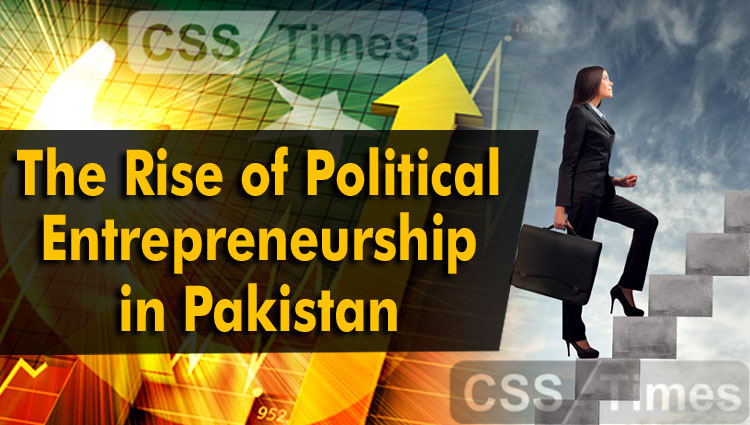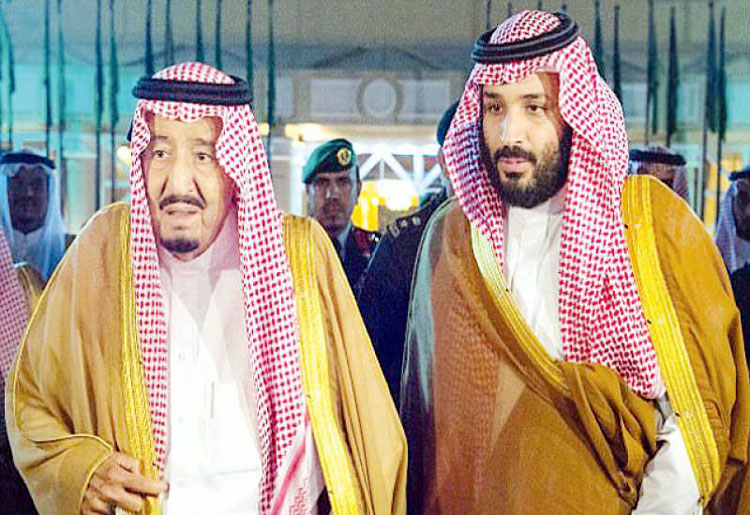By Jamal Sohail
“Democracy is in the blood of the Muslims, who look upon complete equality of mankind, and believe in fraternity, equality, and liberty.”
– Quaid-e-Azam Muhammad Ali Jinnah, founder and 1st Governor-General of Pakistan
On 18 August 2018 Imran Khan was sworn in as the 22nd Prime Minister of Pakistan with his political party, the Pakistan Tehreek-e-Insaf, having won the general elections. It was an important victory as it disrupted the existing multi-party politics of Pakistan which was dominated by two main parties, the Pakistan People’s Party (PPP) and the Pakistan Muslim League Nawaz (PML-N), for the last 40 years and more, making Imran Khan a political entrepreneur. Entrepreneurship is defined as the readiness to take the risk of taking on a business venture that will create a new market, disrupting the existing market in order to make profit and of succeeding. In entrepreneurship the person who starts the company is called an entrepreneur and the company in its initial stages is called a start-up and undergoes three main phases, the start-up phase, the growth phase, and the exit phase. In politics Imran Khan’s PTI broke the status quo and went through all these phases since being founded in 1996.





